Post
A catch
Save a catch to start your fishing logbook. You will be able to to share it with the community if yo want!
A fishing trip
Post an ad to go fishing with other fishermen
Save a catch to start your fishing logbook. You will be able to to share it with the community if yo want!
Post an ad to go fishing with other fishermen
Share a thought, a question with the community
My favorite cities
×Join our 19 fishermen in Westerwick in Shetland Islands. The fishing forecast is currently 3.9. The most caught fishes here are the flounder fish, the john dory fish, the whiting fish and the weever fish. Come try the most famous fishing techniques like the support fishing for bass, lead techniques for soft lures to fish bass, barracuda trolling or feeder fishing.
Our fishing forecast of Westerwick indicates the best time to go fishing in this city.
The Flounder Fish
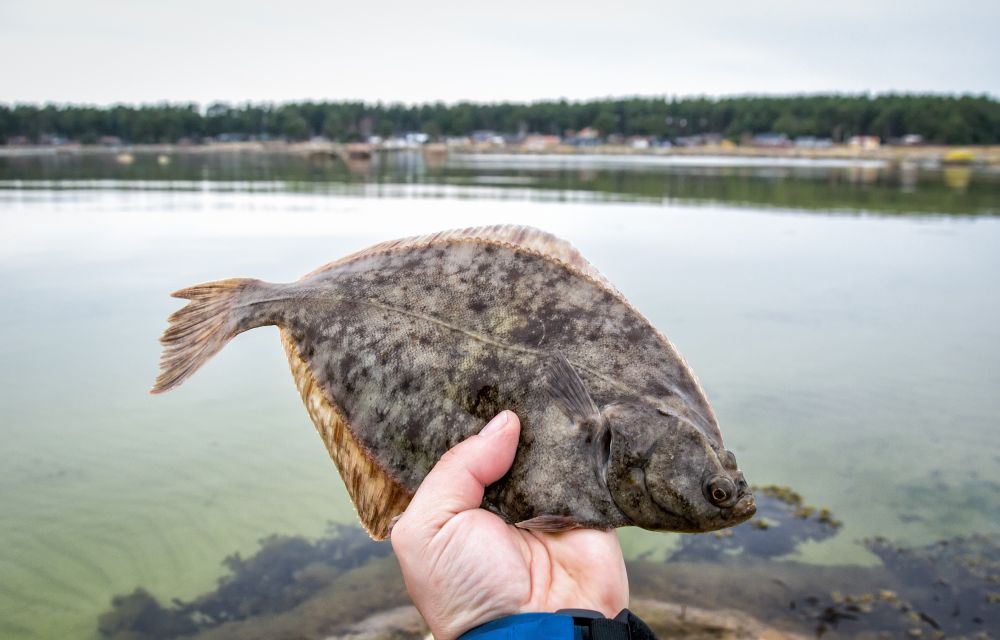
The Flounder Fish belongs to the Pleuronectidae family. It usually reaches a size of 50 cm; the maximum observed size is 60 cm for a weight of 1.5 kg. The maximum lifespan is estimated at 15 years. It reproduces in early spring. The female can lay up to 2 million eggs. The best time to fish it is in spring and autumn. The Flounder fish is a flatfish of general losanitary appearance, taking into account the triangular shape of the head and dorsal and anal fins. Both eyes are on the same side of the head, on the right side, for about 2/3 of the individuals. The mouth is small and terminal, with a slightly tapered snout. The oral commissure is located on the same line as the center of the eye. The lateral line barely curves towards the dorsal edge at the pectoral fins. It has a row of tubers in its front part. Similarly, the base of the dorsal and anal fins is highlighted by a line of tubers, which are clearly palpable. The anal fin has 35 to 46 soft rays. The oculate side has a variable coloring, from olive green to reddish brown, or grey, enhanced by dark green mottling, with small, dull and few orange spots. This helps to give it a "dirty" appearance. The blind side is white.
The Flounder Fish is a famous fish you can catch in Westerwick.The John Dory Fish
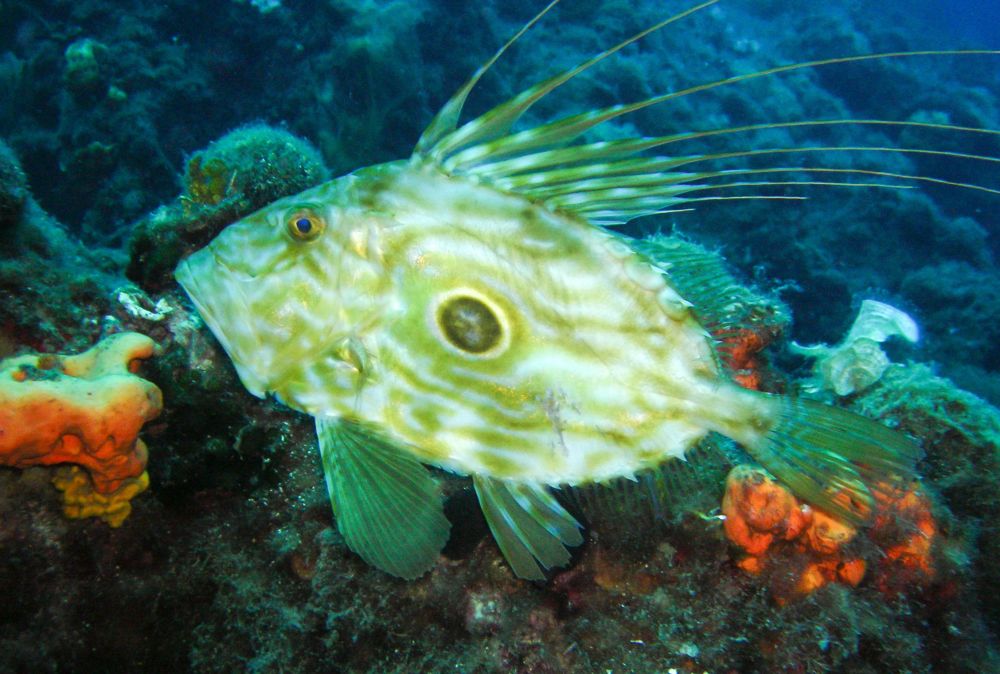
The John Dory fish belongs to the Zeidae family. It measures 30 to 50 cm on average and can reach a maximum weight of 8 kg. It can live up to 12 years. This fish is caught all year round but more easily from April to July. This fish has a high body and very strongly compressed laterally. Its head and the base of its fins carry thorns and bone ridges. The filaments carried by the dorsal fin are very long in juveniles and gradually regress until the animal reaches its adult size. Its eyes are high and his protractile mouth is widely split. An arched lateral line can be seen above the pectoral fins. Its color varies from grey-green with silvery to golden yellow reflections, often marked by longitudinal mottling. A large black eye patch surrounded by grey adorns the middle of each flank.
The John Dory Fish is a famous fish you can catch in Westerwick.The Whiting fish
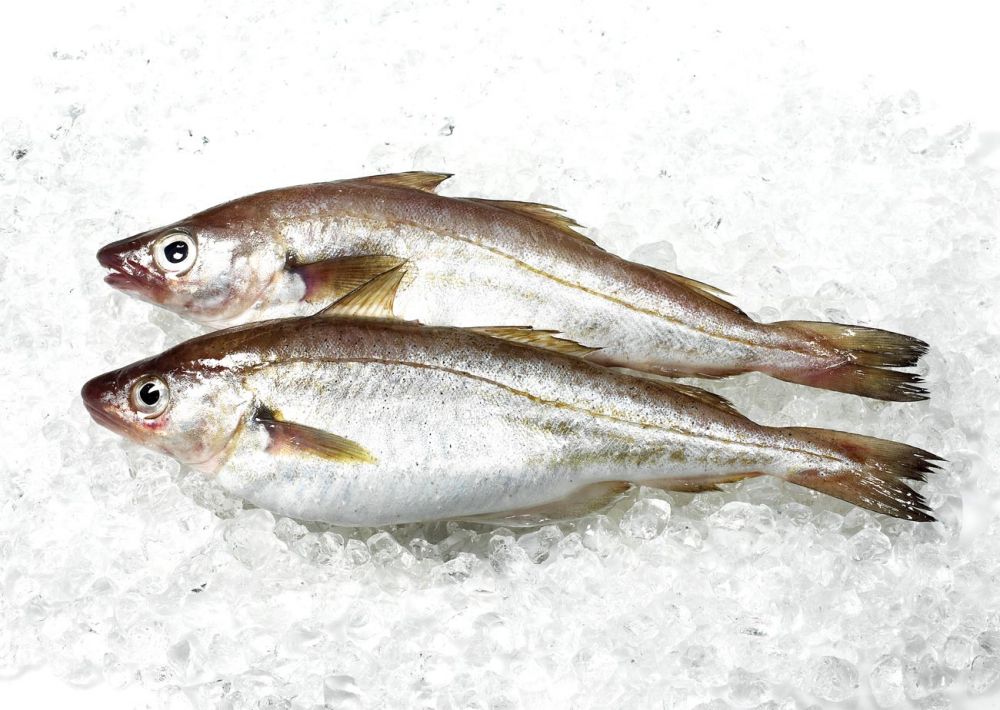
The Whiting fish belongs to the Gadidae family. Whiting grows quite quickly and measures about 30cm at the age of two years. At 5 years old, it measures about 50cm for a weight of about 1kg. Its maximum size reaches 70 cm. its lifespan is 22 years. It reproduces from January to April. A female can lay from 200,000 eggs to 1 million eggs. It is fished in winter. Its color is variable and can be yellowish brown, dark blue or green. Its sides are yellow-grey, white and its belly is silvery. A small dark spot is often present at the upper base of the pectoral fins.
The Whiting fish is a famous fish you can catch in Westerwick.The Weever fish
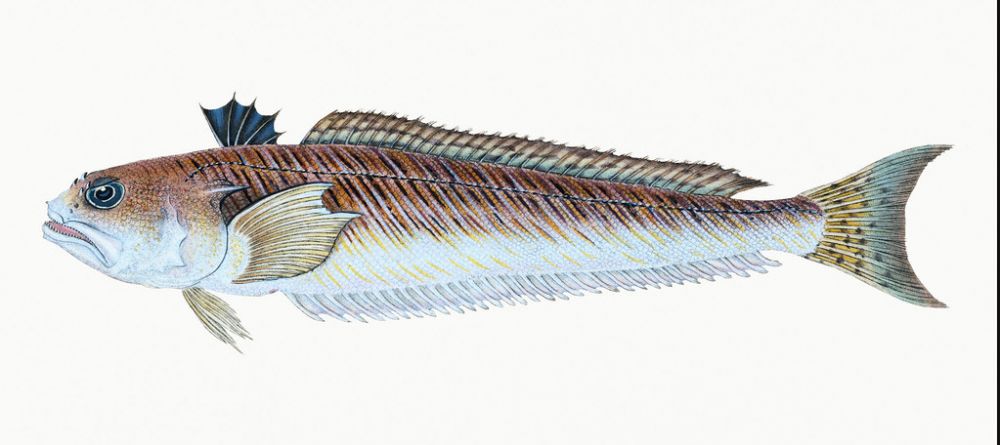
The Weever fish belongs to the Trachinidae family. The Weever fish form a family of perciform marine fish, the Trachinidae, which includes nine species. Their sizes vary from 15 cm to more than 50 cm depending on the species. The Nine species are: The Lesser weever, the Spotted weever, the Guinean weever, the Sailfin weever, the Trachinus cornutus, the Greater weever, the Striped weever, the Cape Verde weever and the Starry weever. It can be fished during the hot seasons. The Weever fish can be classified into two categories, on the one hand the small Vive which measures less than 15 cm, and the large Vive, measuring on average 2 to 30 cm and can reach 50 cm in length. The large weever differs from the small one in that it has four thorns in its orbits. The weever is always dangerous, in that it is endowed with erectile spines are the bite is very toxic, which can have long-term consequences in humans. The weever is yellow on the back, with a whitish belly and yellow or brown streaks. Accidents are much more frequent since the weever is often buried in the sand, so the risk is greater, as you may step on it and get stung.
The Weever fish is a famous fish you can catch in Westerwick.The European Eel
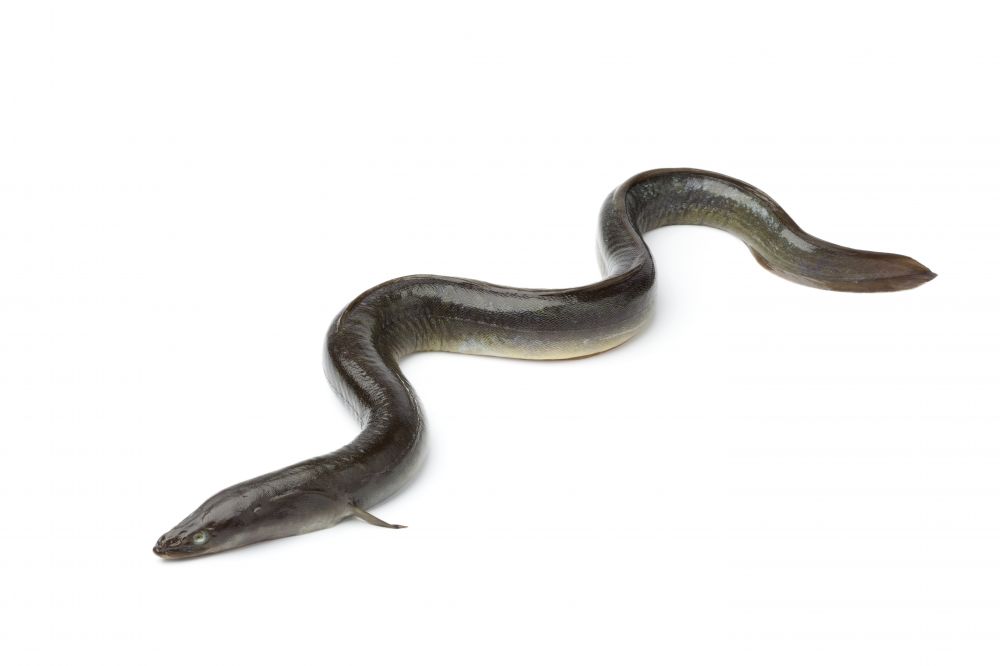
The European Eel belongs to the Anguillidae family. The european eel can reach a maximum size of 1.50 m and a weight of 3 kg. However, males rarely exceed 45 cm. The current size is more modest and varies between 40 and 60 cm. Its longevity is 12 to 20 years but in captivity it can reach more than 50 years. They can be fished from June to September. The European eel has a snake-like body, with a circular cross-section and very elongated. The body is covered with smooth, viscous skin, rich in thick mucus-secreting cells. The scales are small, oval and deeply embedded in the skin. It has a small round eye and a terminal mouth. The lower jaw is prominent. The color of the eel varies as it grows. In the yellow eel stage, it has a brownish, greenish or yellowish color depending on its habitat (homochrome). The lateral line is not very visible. In the silver eel stage, the back is dark green, the sides have silvery highlights and the belly is pearly white. The lateral line becomes very visible. The body of the European eel does not have pelvic fins. The pectoral fins, the only even fins, are small. On the other hand, odd fins (dorsal, anal, caudal) are very long and fuse at the tail.
The European Eel is a famous fish you can catch in Westerwick.Our fishing forecast of Westerwick indicates the best time to go fishing in this city.
Our fishing forecast of Westerwick indicates the best time to go fishing in this city.
Our fishing forecast of Westerwick indicates the best time to go fishing in this city.
